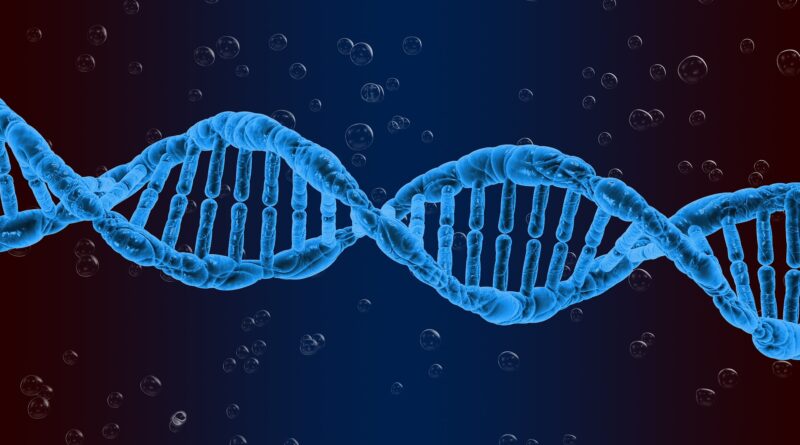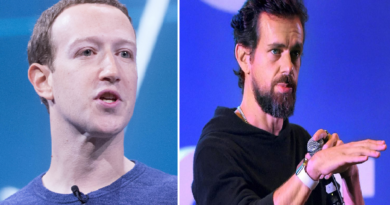Microsoft in 2016: We can program a range of complex behaviors using DNA
“DNA is highly programmable, just like a computer. And we can program a whole range of complex behaviors using DNA molecules.”
Microsoft has been developing the means to alter and program DNA inside the body, and its plans to do so take on a new level of significance amid its co-founder’s urgency to push mRNA vaccines in response to COVID-19.
In a video released by the company in 2016, several Microsoft engineers and scientists discuss some of the project’s capabilities, although the general public might not share the same enthusiasm as they do.
“Imagine a world where he can do computation inside living cells,” says professor Georg Seelig, an Associate Professor of Electrical Engineering and Computer Science & Engineering at the Gates-funded University of Washington.
“The problem we’re trying to solve is really trying to have a more sophisticated diagnosis that can happen automatically inside cells,” according to Dr. Neil Dalchau, a scientist at Microsoft Research.
“Imagine a biological computer that operates inside a living cell,” says Dr. Andrew Phillips, head of bio-computation at MR.
It is initially pitched as a cure to diseases, but quickly outlines why it is a cause for concern when it is in the hands of a private company with a questionable reputation like Microsoft.
“In this project, we’re trying to use DNA as a programmable material,” says Dalchau.
“DNA is highly programmable, just like a computer. And we can program a whole range of complex behaviors using DNA molecules,” Phillips mentions.
“[Microsoft] are essentially trying to sense, analyze and control molecular information,” Seelig adds.
This last quote is in line with how Moderna’s CEO described mRNA, as “an information molecule”, in regard to the coronavirus vaccine. Moderna had even trademarked the name “mRNA OS” – meaning ‘operating system’.
Microsoft Research has already created software whose algorithm seeks to predict human behavior as part of its DNA strand displacement project.
“We’ve developed a language for programming molecular circuits made of DNA, so the programmer would write down a collection of DNA strands and the software will work out how these DNA strands interact with each other and can be used to predict their behavior over time.”
“Ultimately it could allow us to make biological computers that operate at the molecular scale.”
Microsoft has been working on programming DNA circuits since 2009. Now, with co-founder Bill Gates at the heart of both the information stream and the global mRNA vaccine rollout amid COVID-19, it provides him and his company the opportunity to now bring this merge between technology and medicine to the fore.
Here is the Microsoft Research video in full:




